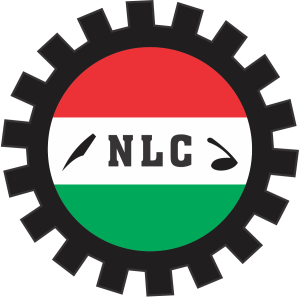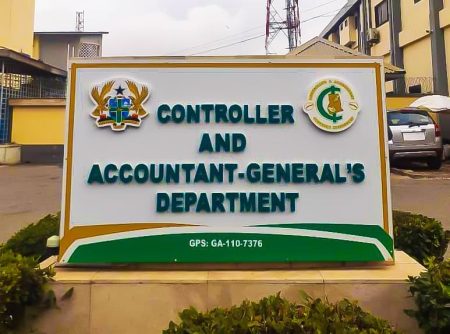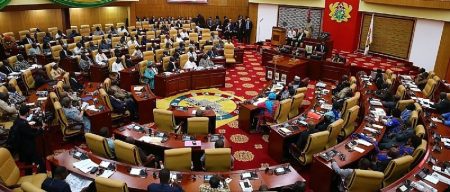The recent surge in demand for Treasury bills (T-bills) in Ghana can be attributed to the Bank of Ghana’s (BoG) decision to suspend its Open Market Operations (OMO), according to economist Courage Boti. OMO is a monetary policy tool used by central banks to control liquidity in the money market and manage inflation. By selling BoG bills at attractive interest rates, the central bank effectively absorbs excess liquidity, thereby curbing inflationary pressures. Prior to the suspension, the high interest rates offered on BoG bills diverted investor interest away from T-bills, leading to consistent undersubscription of government securities. With the suspension of OMO, investors seeking short-term investment options flocked back to T-bills, particularly as the declining inflation rate, while still relatively high, fell below the interest rates offered on T-bills, providing investors with a real return on their investment.
The suspension of OMO created a vacuum in the short-term investment market, making T-bills the primary option for investors seeking short-term, relatively safe instruments. This increased demand drove up the price of T-bills, consequently lowering the interest rates the government had to offer. This beneficial outcome provided the government with access to cheaper borrowing, easing the burden of domestic debt servicing costs, a significant advantage considering the tight fiscal constraints imposed by the IMF-backed program Ghana is currently under. The ability to borrow at lower rates allows the government to meet its maturing debt obligations and allocate funds towards essential recurrent expenditures.
This positive development offers a much-needed respite for the Ghanaian government, allowing them to reduce their borrowing costs and improve their fiscal position. However, the sustainability of this situation remains uncertain. The economist, Courage Boti, raises concerns about the potential impact of changing inflation expectations or a resumption of OMO by the BoG. Either of these scenarios could disrupt the current investor demand for T-bills and potentially drive interest rates back up. A further point of concern is that the increased demand for T-bills doesn’t signify an influx of new capital into the market but rather a reallocation of existing investments, creating an artificial advantage that could quickly disappear with shifts in macroeconomic conditions.
The current situation highlights the intricate relationship between Ghana’s monetary and fiscal policy instruments. The BoG’s actions to stabilize the cedi and control inflation are closely intertwined with the government’s domestic borrowing strategies. Policy signals from either institution can significantly impact market sentiment and investor behavior. The recent surge in T-bill demand, while providing temporary relief, underscores the delicate balancing act required to maintain stability and promote economic growth within the context of an IMF-backed program.
The government must approach this opportunity with caution. While the current environment of lower borrowing costs provides a welcome reprieve, it is essential to recognize the ephemeral nature of this advantage. The government needs to formulate a long-term strategy to manage its debt and ensure fiscal sustainability. Over-reliance on short-term market fluctuations could prove detrimental in the long run. A robust and diversified approach to debt management, incorporating strategies to attract long-term investment and reduce reliance on short-term borrowing, will be crucial to navigating the challenges ahead.
As Ghana progresses through 2025 and beyond, this episode serves as both a valuable lesson and a timely opportunity. It highlights the sensitivity of the market to policy decisions and underscores the importance of maintaining a stable macroeconomic environment. Prudent fiscal management and proactive monetary policies are essential to ensure that Ghana can avoid a return to the high-cost borrowing territory that has hampered economic growth in the past. The government must capitalize on this window of opportunity to strengthen its fiscal position and lay the groundwork for long-term sustainable economic development.














